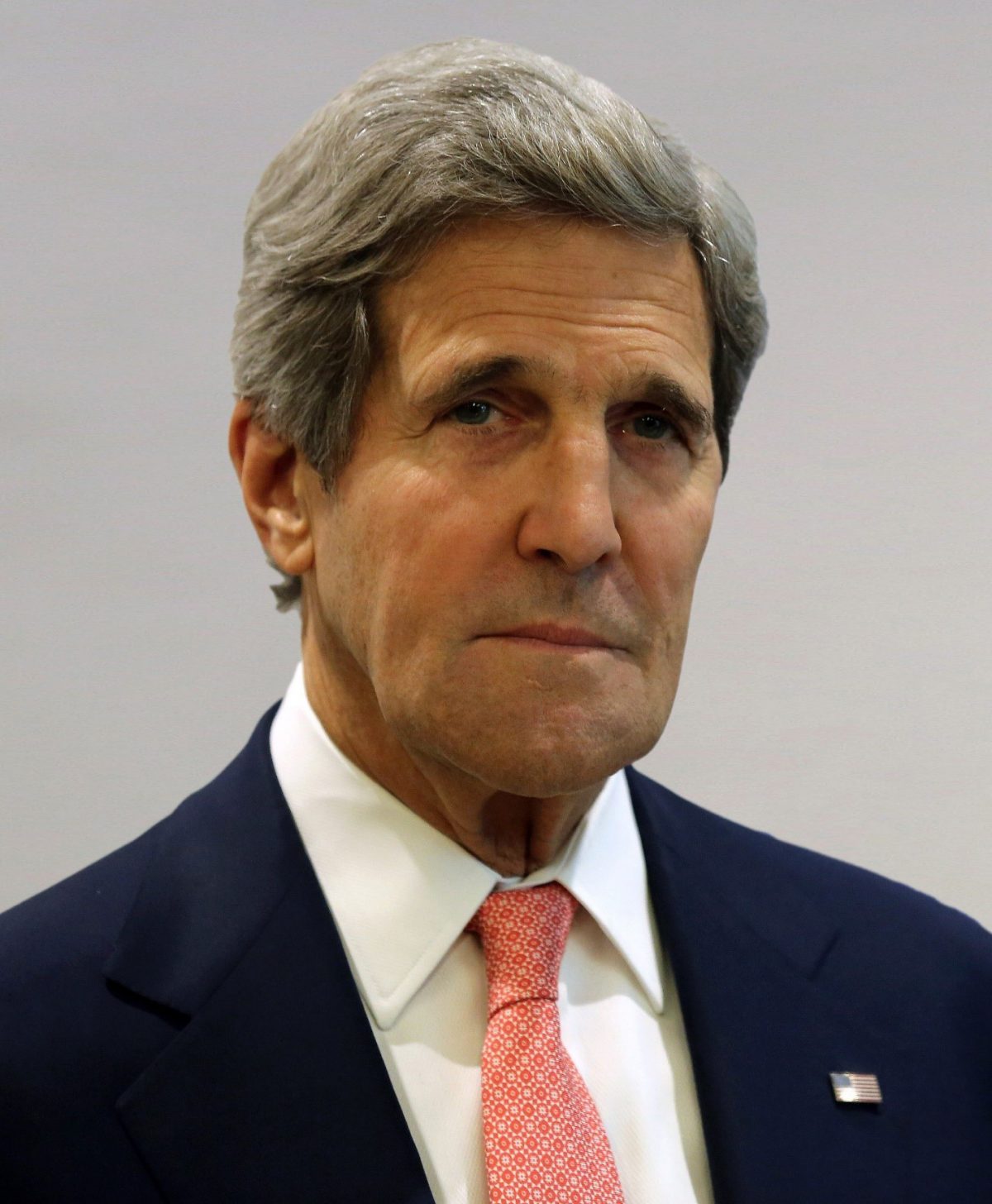WASHINGTON, (Reuters) – Countries developing new oil, gas and coal projects should make sure they come with technology that can reduce the emissions to zero, John Kerry, the U.S. special presidential envoy for climate, told reporters yesterday.
“It’s a real challenge and nobody can duck it,” Kerry said in a news conference. “There’s an incumbent responsibility on any country that says it’s going to have a new project to make sure that there’s no emissions coming out of it.”
The International Energy Agency (IEA) said in May in its starkest warning yet on climate change that investors should not fund new fossil fuel projects if the world wants to reach net zero emissions by 2050.
Kerry, who visited Organization of the Petroleum Exporting Countries (OPEC) members Saudi Arabia and the United Arab Emirates in mid June, said countries might have between one to three years of transition on investing in technologies such capturing carbon and storing it.
“There are a couple of years here that you could play with it a little bit, but not a lot and, and I think that the IEA is quite correct in pushing the notion that you really want to try to avoid the new (fossil fuel projects) rather than compounding the problem.”
Kerry was encouraged by Saudi Arabia’s push to develop green hydrogen by using renewable power to run electrolyzers to separate the gas from water at the kingdom’s megacity of the future, NEOM.
Hydrogen could be transported to Europe or Africa for fueling transportation or industry. “Wherever we can race to green hydrogen we need to do so, he said.
Kerry said he was concerned that U.S. carbon emissions have risen in recent months as travel and gathering restrictions lift as the coronavirus pandemic eases. President Joe Biden has set a goal of making the U.S. power grid carbon free by 2035 and cutting emissions 50%-52% by 2030.





